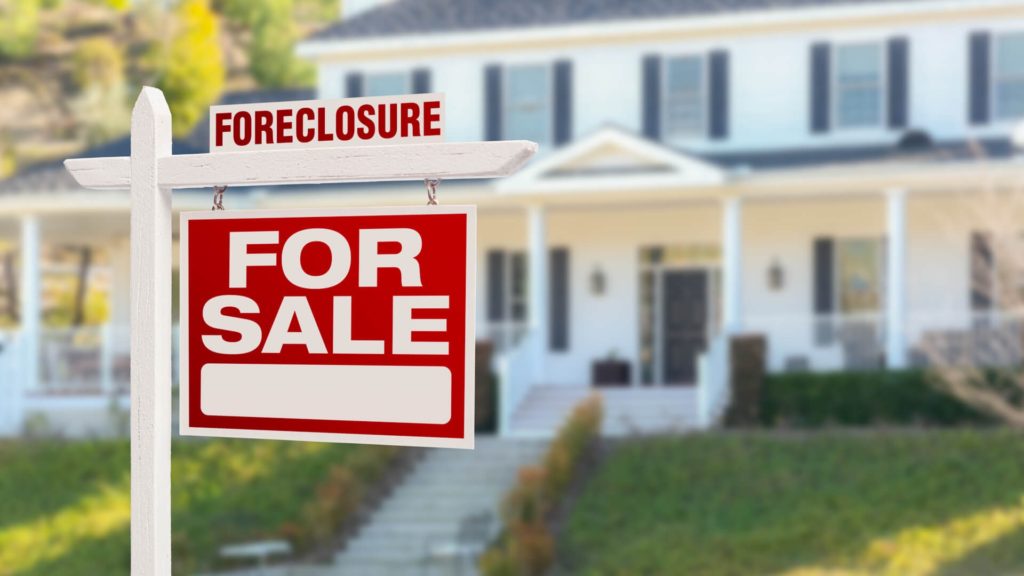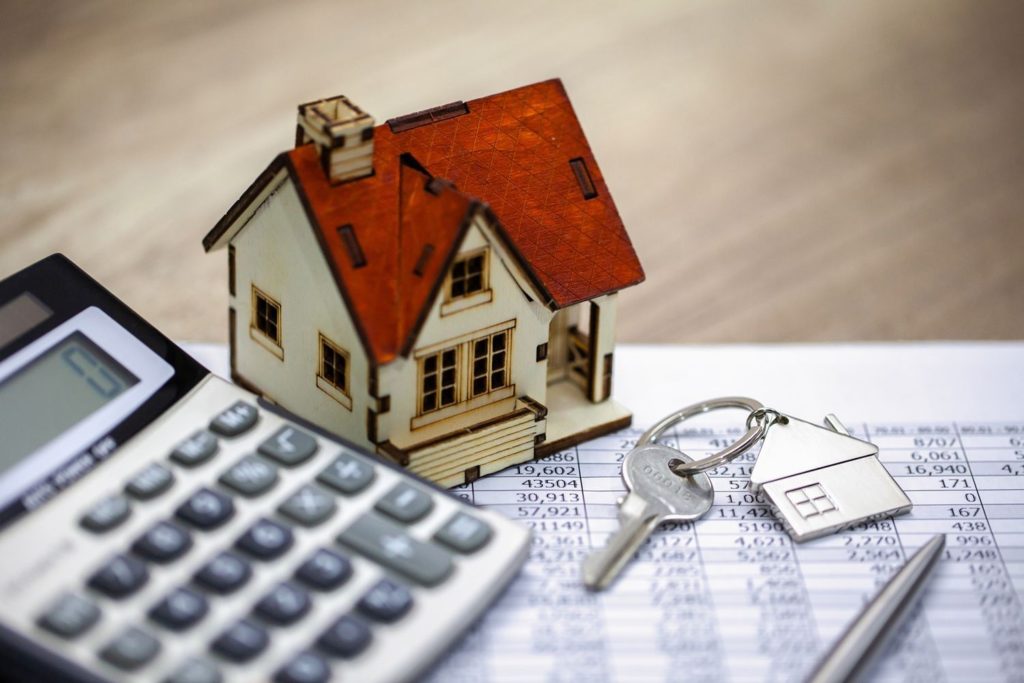Are Foreclosures Necessary to Creating a Healthier Housing Market?
Wed Dec 7, 2022 by Oppenheim Law on Florida Foreclosures, Foreclosure Fraud, Foreclosure Law & Great Recession
|
Getting your Trinity Audio player ready...
|
Foreclosures and Loosening Credit: Reevaluating Risk
In a perfect world, there would be no foreclosures, as people would have enough resources to make their monthly mortgages. We all can agree that the substantial number of foreclosures during the Great Recession was painful (some estimates indicate that 3.8 million homeowners lost their home to foreclosure from 2007 to 2010); however, the issue now is that lenders are not arguably taking enough risk in providing loans. As a result, hopeful homebuyers who require a loan in order to purchase a home are essentially shut out of the housing market.

Most residential loans are backed by government sponsored enterprises Fannie Mae and Freddie Mac or the Federal Housing Administration (the “GSEs”). These entities set a “credit box” to determine who is qualified to obtain a mortgage.Factors include the borrower’s finances as well as the state of the economy and housing market. If the “credit box” is tight, less people are able to obtain loans and foreclosures are low. As the credit box opens, lenders take on more risks with making loans to people with lower credit scores or less than stellar financials, increasing the likelihood of foreclosures.
While lenders during the Great Recession provided risky loan products to homebuyers who were unqualified to obtain the loans, resulting in a tsunami of foreclosures, the question now is whether lenders and the GSEs have overcorrected by not allowing potentially reliable buyers from entering the housing market.
Arguably, by opening the credit box and having lenders provide more loans, the housing market may start to rebound, and potential homebuyers would not be shut out of living the American dream: owning their home. It is estimated that in 2015 alone, lenders did not make approximately 1.1 million mortgages that they would have made if reasonable standards had been in place.

What is the sweet spot of saying that foreclosures are “okay” and how many foreclosures would be “okay” in order for the housing market to become “healthier”? Analysists are divided as to the answer to these questions. According to the Mortgage Bankers Association, from 2001 to 2003 .45% of mortgages went into foreclosure—which the Urban Institute considered a relatively “healthy” lending environment. The Urban Institute created an index that indicates that during 2001-2003, 12% of mortgages were going to be defaulted, which ultimately climbed to 17% at the peak of the financial crisis. In the first quarter of 2022, this risk factor was 5%, demonstrating the difficulty of obtaining a residential mortgage currently.
We most likely do not know how many foreclosures will be “okay” in order to get the housing market more “healthy.” Yet, there are ways to have the GSEs start to open credit again, providing more risk while ensuring that the loan products are not reckless as they were during the Great Recession. One way to do this is to loosen credit scores. A median credit score for a mortgage borrower reached a record 788 well above the national FICO score of 714, pushing many homebuyers out of the housing market. Decreasing credit scores in order to qualify for a loan does not necessarily mean that foreclosures will be a probability as, again, risky loan products are not currently an issue. Potentially reliable would-be homebuyers may also use alternative credit scores by considering their utility and rent payment history which is not necessarily reported to credit bureaus.
What does this all mean?
By opening credit, millions of Americans will be able to enter the housing market. With lenders offering solid loan products and the loosening of credit, foreclosures should not occur as they once did during the Great Recession. However, foreclosures will inevitably result should a borrower nevertheless not be able to make payments.The question remains as to how many foreclosures will occur by providing more access to home ownership. And, the lingering issue is whether the market will provide affordable housing needed for the increased demand for homes.
Stay tuned!
Roy Oppenheim
From The Trenches


Leave a Reply